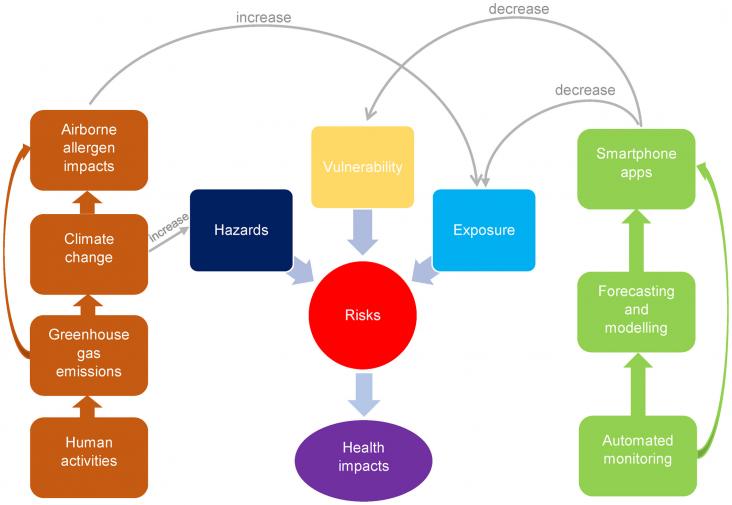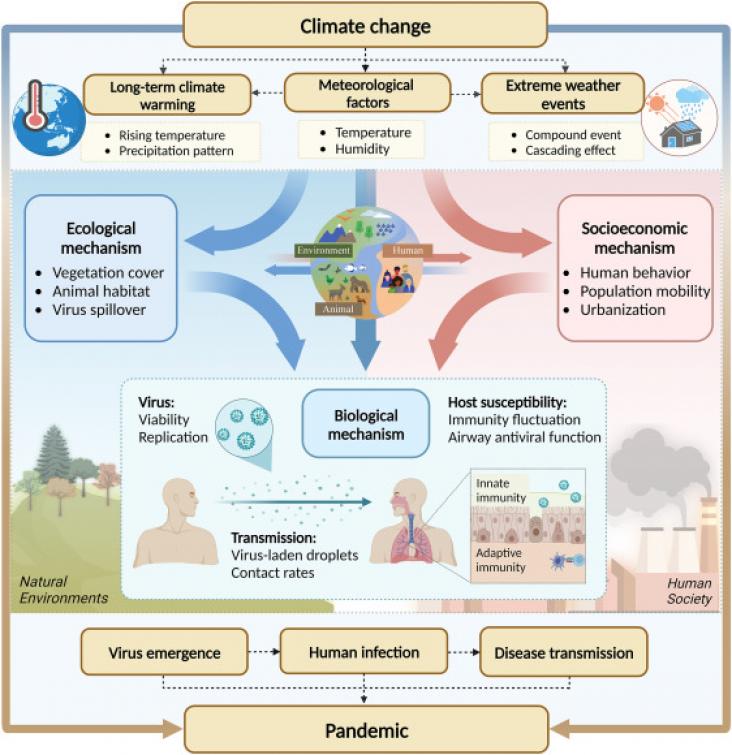
One of the important adverse impacts of climate change on human health is increases in allergic respiratory diseases such as allergic rhinitis and asthma.
This Health Policy paper supports SDGs 2, 3, and 13, by identifying and examining the debates that arose from the publication of the EAT–Lancet Commission, systematically examining how research has been directly influenced by the Commission, and synthesising identified research gaps to build a research agenda for healthy and sustainable food systems.
Not all humans have the same carbon footprint: luxury lifestyles are significantly worse for the planet. This One Earth Research Article explores how a 'luxury tax' with revenue recycled to address climate inequality (SDG 10) could accelerate decarbonization (SDG 13).
This One Earth Review Article discusses how the term 'phase out' has allowed various stakeholders to work towards more sustainable goals, most recently relevant to the 'phase out' goals for coal and fossil fuels (SDG 13).
Climate change is impacting the health of Western Australians.Temperature increases and air pollution are particularly problematic.Food and water security may be compromised. An urgent response is required.
This article shows that ecological factors play a significant role in shaping the phytochemical diversity among and within wild populations of Teucrium marum.

Recognising our customers' exceptional work to achieve the United Nations' Sustainable Development Goals
This study analysis four wetland technologies for treating greywater according to regulatory standards.

This Review supports SDGs 3 and 13 by synthesizing the recent evidence on whether and how climate change, manifested in meteorological fluctuations, extreme weather events, and long-term global warming, influences the epidemic dynamics of viral respiratory infections, including spatiotemporal distribution of seasonal epidemic, disease outbreaks, and pandemics.
This Article supports SDGs 3 and 13 by comprehensively assessing the future out-of-hospital cardiac arrest morbidity burden related to non-optimal temperatures, heatwaves, and cold spells in Northern China under different climate change scenarios.
